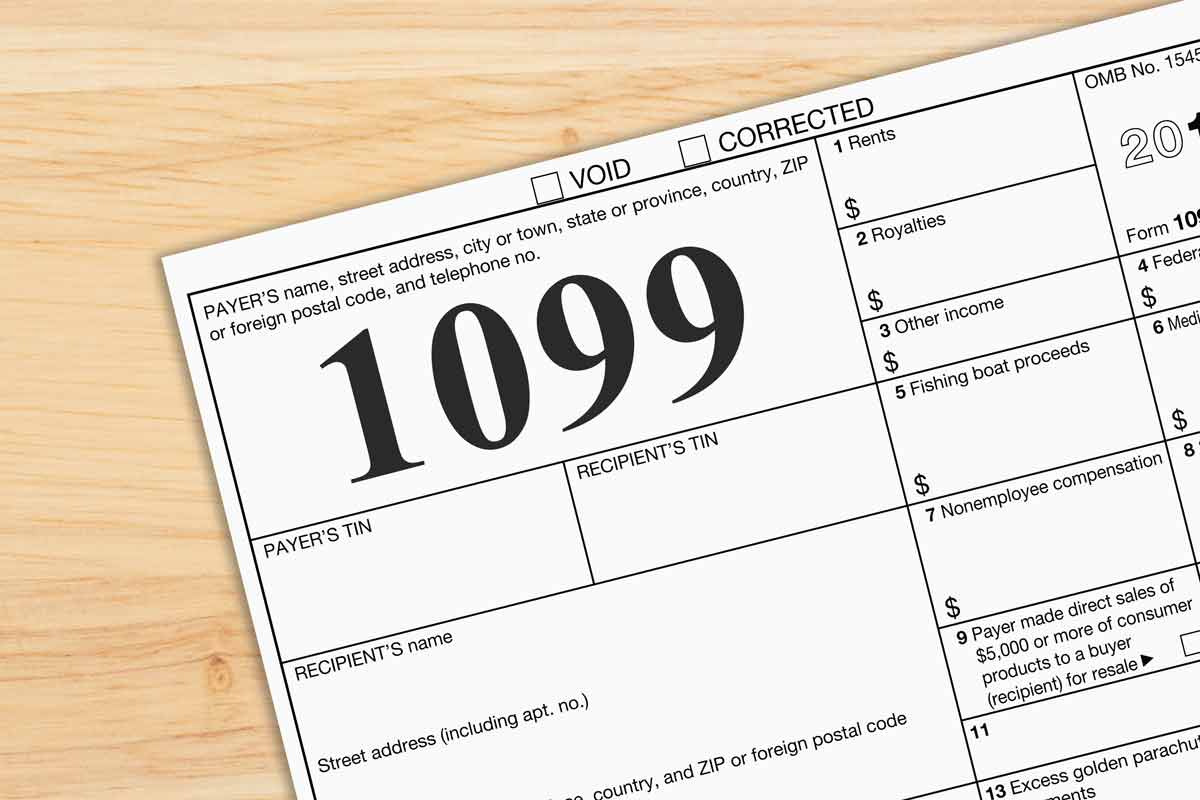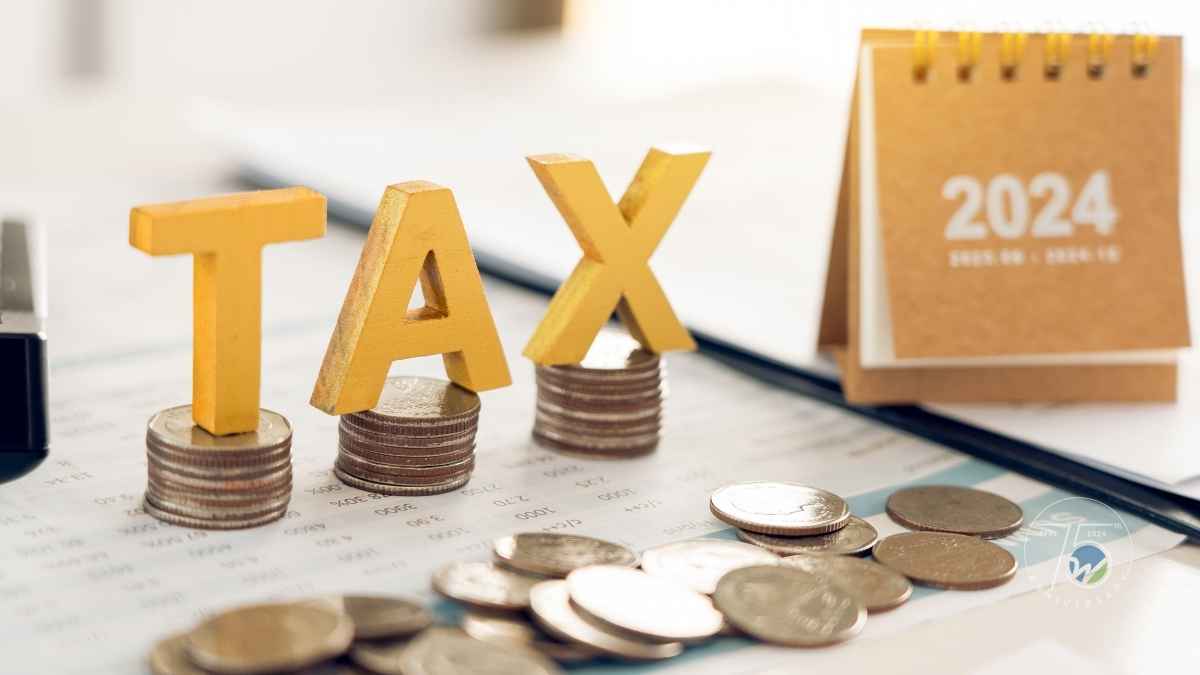The IRS requires reporting of certain 2020 payments to the recipient of the payment and to the IRS on a Form 1099. This needs to be completed, sent to the recipient, to the IRS, and most likely to your home state in January of 2021.
The most common requirement is that payments of $600 or more for services must be reported on a 1099-NEC. This is a new form for 2020 and replaces reporting services on the Form 1099-MISC. The NEC stands for Non-Employee Compensation.
As with all 1099 reporting, this is on a cash basis, with some limited exceptions. When an invoice includes services and materials, such as a refrigerator repair the 1099-NEC will generally include the entire invoice paid. Some non-cash transactions are reported as with the 1099-PATR noted below. If a service is rendered in 2020 but you pay the invoice in 2021 the 1099-NEC will be issued for 2021.
A 1099 is only required for payments that are not paid by credit card. There is a separate reporting system in place where the credit card processor reports all payments made on a 1099-K. So do not issue a 1099 for credit card payments since this will result in double reporting.
A 1099 is also not required for payments to corporations. These are businesses with “Inc.” after their name. A 1099 is also not required for payments to a non-profit entity. For other entities including individuals, partnerships, LLCs, and LLPs a 1099 is required.
The correct way to gather the name, address, and Social Security Number (SSN) or Employer Identification Number (EIN) and to determine if a 1099 may be needed is by requesting that the vendor complete and return a form W-9. It is a best practice to obtain this from anyone that may need a 1099 from your co-op. Many businesses will not issue payment until a W-9 is completed.
The 1099-PATR is required for payments of $10 or more. The amount reported is the cash paid plus the qualified notices issued in 2020. If your co-op pays patronage dividends on purchases by individuals for personal use items, such as a grocery co-op owned by shoppers, you may fall under an exception to preparing a 1099-PATR. There is a one-time form to file with the IRS to qualify for the exemption. See this article on patronage dividends for more information.
Other common payments for co-ops to report include the 1099-MISC for things like rent paid, 1099-INT for bond interest, 1099-DIV for preferred share dividends, and the 1099-OID for bond interest that is deferred until maturity.
The due date for mailing or delivering a 1099 to the recipient is January 31st. This is true for the 1099-NEC, 1099-MISC, and 1099-PATR along with most of the rest of the 1099s.
Not filing a 1099 by January 31 carries significant penalties. Filing within 30 days after the due date has a $50 penalty per 1099. Filing more than 30 days late up until August 1st has a $110 penalty per 1099. Filing after August 1 has a penalty of $280 per 1099. And intentional disregard of the rules carries a maximum penalty of $560 per 1099.
There are many nuances to 1099s that were not be covered here. If you think you have one of the unusual situations the IRS instructions for the 1099s can help.





